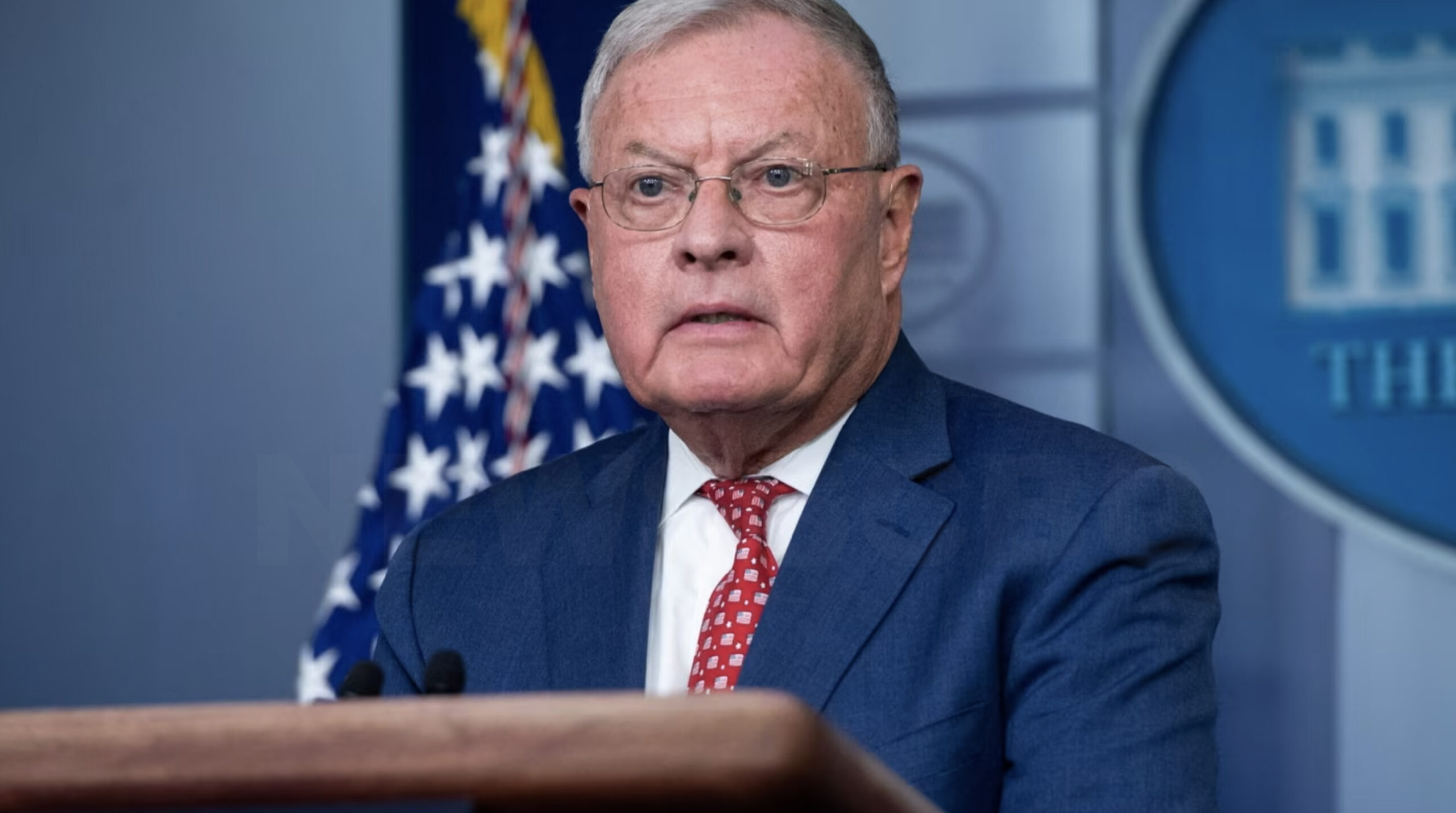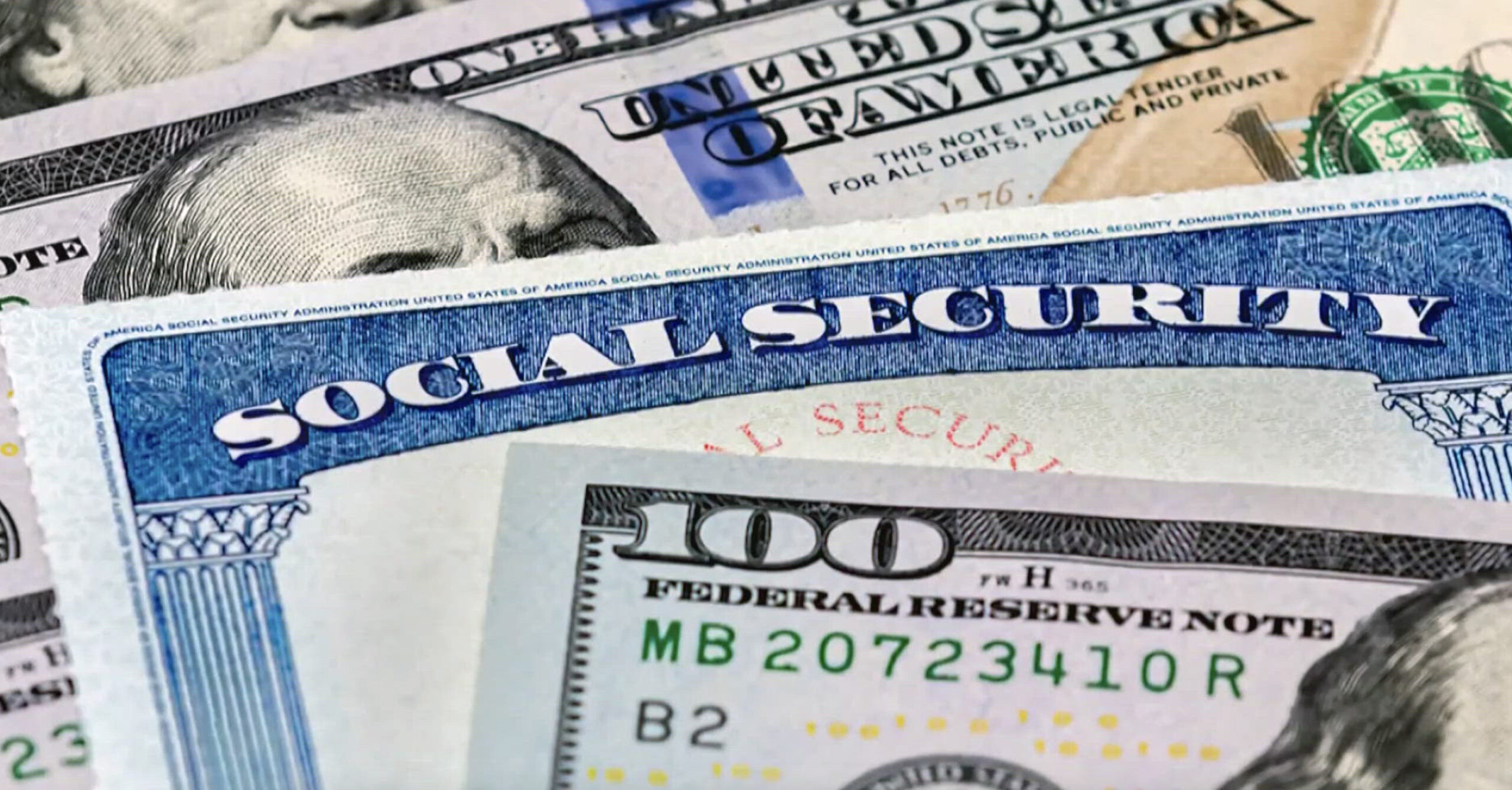Trump Appoints Former General Keith Kellogg Special Envoy to Russia and Ukraine

Donald Trump, the President-elect, announced Wednesday he intends to appoint retired General Keith Kellogg as the Assistant to the President and Special Envoy for Ukraine and Russia.
In a statement, Trump praised Kellogg, touting his great success both in the military and business, which includes serving in key national security roles during Trump’s first term. He has been with me since the beginning! Together we will bring peace through strength and bring safety back to America and to the world.
The Kellogg experience
- Since Trump began his presidency, Kellogg has served as chief of staff and executive secretary of the National Security Council.
- He had served over 35 years in the U.S. Army.
Kellogg’s vision for Ukraine’s future.
In April, Kellogg was working on a policy memo proposing a U.S. blueprint for a ceasefire and a negotiated end to the Ukraine war. The proposal, obtained by NBC News, outlined a framework that would have linked U.S. military aid to Ukraine engaging in peace talks with Russia.
The memo proposed a ceasefire and a fair process.
- Long-term support for Ukraine’s defense to prevent further Russian advances.
- Making any future U.S. military aid to Ukraine dependent upon active Ukrainian participation in peace talks with Russia.
Kellogg and Fred Fleitz underscored the need for the U.S. to have a formal policy toward a ceasefire and a diplomatic solution to the war in Ukraine. In the future, U.S. military assistance to Ukraine should be linked to Ukrainian willingness to engage in peace talks with Russia but also to Ukrainian self-defense capability.
Kellogg’s appointment suggests a new direction in U.S. foreign policy, blending diplomacy with toughness.
U.S. Policy on Ukraine: Opinions by Kellogg and Trump Administration
A policy paper written by retired General Keith Kellogg and Fred Fleitz expressed skepticism that the war in Ukraine would end as long as Russian President Vladimir Putin remained in power.
Ukraine will not have to abandon its goal of recovering all of its territory, but it will agree to pursue diplomacy over bloodshed, in the realization that significant movement may only come after Putin is out of power.
The authors, however, also acknowledged the challenges of a peace settlement, noting that it would be hard for Ukraine to accept any solution that does not fully restore its lands or hold Russia accountable for the destruction.
Trump’s plan for the conflict
While he has repeatedly promised to end the struggle, President-pick Donald Trump has but to outline how he plans to accomplish that. In September, Trump advised newshounds following a assembly with Ukrainian President Volodymyr Zelensky.
We will work very difficult with each events to bring it to a resolution. It has to end sometime; it has been a nightmare for him and his USA.
During a rally in Georgia, Trump questioned the amount of U.S. aid given to Ukraine, suggesting that President Zelensky receives $100 billion each time he visits the U.S. I believe he is the best salesperson in the world. We are unable to escape this war unless I become president. “I’ll take care of negotiating and settling it.”
Complicated Connection with Zelensky
Trump’s members of the family with Zelensky had been tumultuous. A July 2019 smartphone call between the two presidents caused the first impeachment of Trump, accused of withholding navy aid in go back for Zelensky pronouncing an investigation into Joe Biden and his son, Hunter. Trump denied any wrongdoing and was acquitted through the Republican-managed Senate.
New Administration Presses
- Vice President-elect J.D. Vance has also voiced skepticism of U.S. aid to Ukraine and called for negotiations for peace, aligning himself with Trump on the issue. In an interview on Meet the Press, Vance said that in order to end the war in Ukraine, “Ukraine, Russia and the NATO allies in Europe are going to have to sit down and negotiate.”.
- Robert F. Kennedy Jr., whom Trump chose as his Secretary of Health and Human Services, expressed disapproval of the assistance when saying in a rally: “Zelensky has been given billions by Democrats.” We must repatriate that money.
In an earlier opinion piece, Vance disagreed with the U.S. financial contribution: “Honestly, there is no valid explanation for why American taxpayers should be paying for it.” Europe is abundant in excellent countries with thriving economies.
Prospects of American Participation
The Trump-led team, while gearing up to take over, focuses much on diplomacy and raises a question about any major US aid, implying that perhaps the nation will shift strategies concerning this conflict in Ukraine. Time would tell if the result this mechanism works on will be what was hoped for.


13 thoughts on “Trump Appoints Former General Keith Kellogg Special Envoy to Russia and Ukraine”